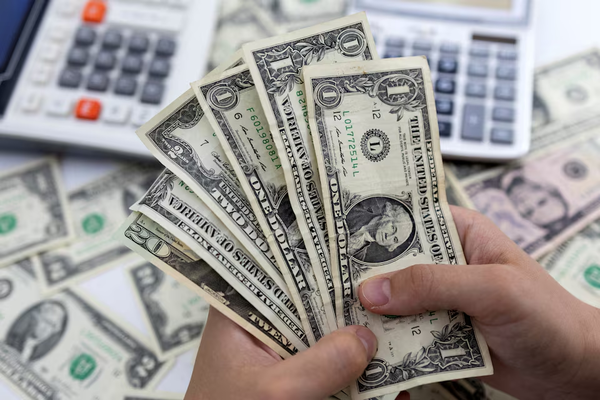Government Coordinating with Major Forex Supply-Demand Entities to Prevent Excessive Currency Volatility

The soaring won-dollar exchange rate is a phenomenon resulting from a dollar shortage, said Deputy Prime Minister and Minister of Economy and Finance Koo Yun-cheol on Nov. 19, adding, “We are coordinating with major foreign exchange supply and demand entities to ensure that excessive uncertainty or instability does not appear in exchange rates.”
Koo made these remarks at a press conference held at the Government Sejong Complex. When asked about the level of exchange rates that the Korean economy and prices can withstand, he responded, “Since exchange rates are determined by the market, it is difficult to discuss,” adding “the Ministry of Economy and Finance is paying attention and continuously monitoring to manage exchange rates stably.”
Regarding the direction of the "structural improvement in foreign exchange supply and demand" that he mentioned when meeting with major export companies on Nov. 18, Koo also avoided answering, saying “the foreign exchange market is very sensitive, so it is difficult to speak specifically.”
Regarding his Nov. 14 statement about preparing exchange rate stabilization measures through close discussions with the National Pension Service, he only answered “there has not yet been time to communicate with the National Pension Service.”
When asked whether export companies have incentives to exchange dollars for won, he explained, “It is difficult to provide special incentives,” adding “companies should also recognize that when the government invests in the United States with money paid by citizens, tariffs will be lowered and companies will benefit.”

Regarding the method of direct investment in the United States totaling $200 billion, Koo said, “We need a pocket to contain the money after raising funds, and this should be in the form of a fund,” adding “this is under discussion within the government, and since it is content to be discussed in the National Assembly, it is difficult to speak definitively at this point.”
Regarding the fund operating entity, he said, “In terms of business feasibility evaluation, it is necessary to select an entity that can operate well rather than having the Ministry of Economy and Finance (operate it),” adding “however, the Ministry of Economy and Finance will not be excluded, and related ministry ministers and private sector participants will join the organization to manage the fund well so that it does not go into the red.”
Earlier, the government announced plans to establish the "Korea-U.S. Special Strategic Investment Corporation" and then create a special fund to raise dollars for investment in the form of government-guaranteed bonds.
Regarding the Special Act on Investment in the United States that will support the implementation of Korea-U.S. tariff negotiations, Koo stated, “To ensure that the 15% automobile tariff takes effect from Nov. 1, it must be submitted to the National Assembly within this month without fail.”


